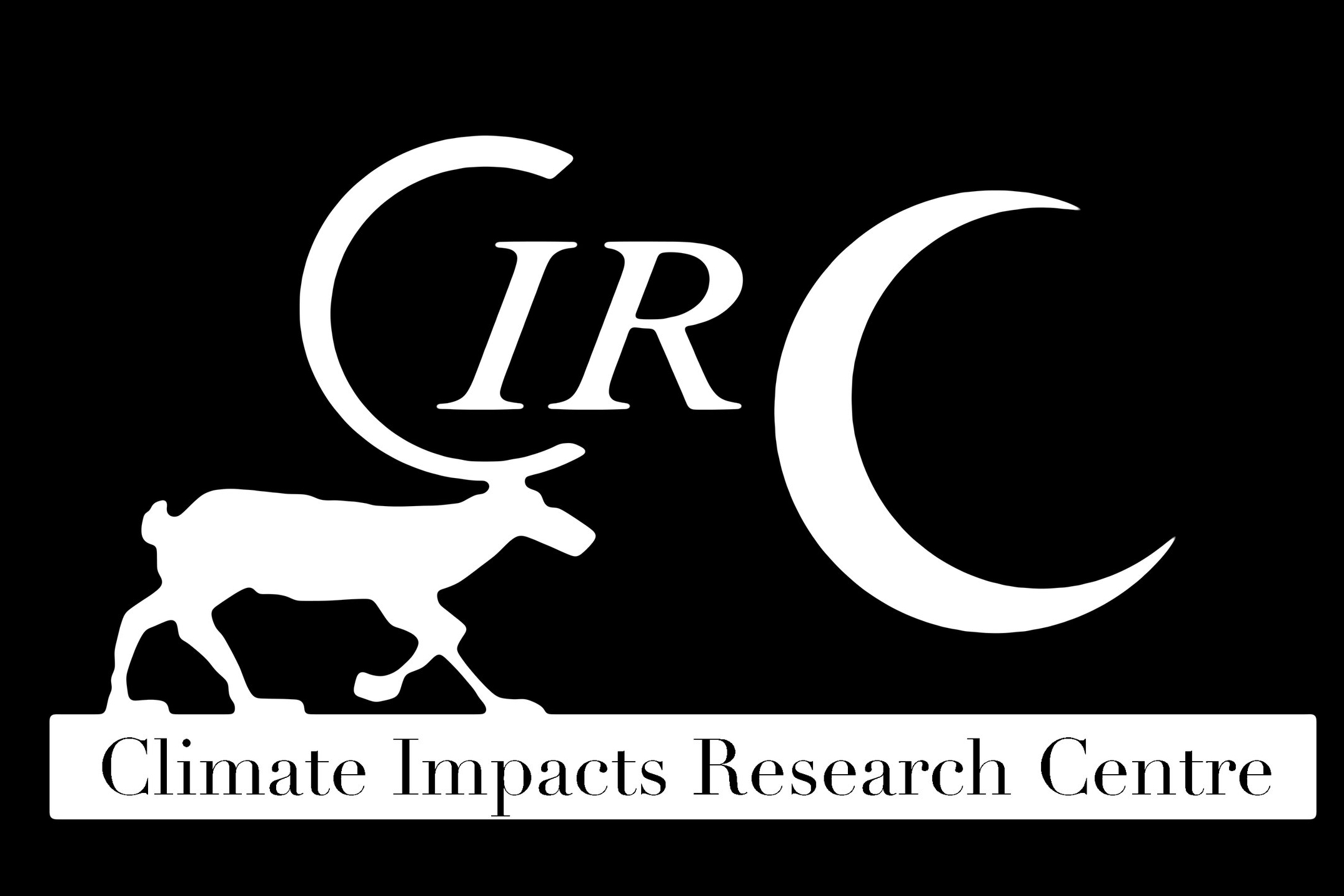Climate impact on the carbon emission and export from Siberian inland waters
Project SummarY
Siberia contains vast carbon (C) stocks potentially vulnerable to mobilization following permafrost thawing, and inland waters draining these regions are largely understudied. Thus, research on inland waters of Siberia is of particular importance for understanding climate change. This interdisciplinary project link expertise in aquatic biogeochemistry, hydrology and permafrost dynamics with the aim to improve the knowledge of the role of high latitude inland waters in emitting C to atmosphere and in exporting C to downstream coastal regions and how this varies between different climate regimes. We will carry out a comparative study of lake-stream networks across a climate gradient in western Siberia covering a large range of permafrost conditions. We will quantify to what extent terrestrial C export is evaded vs. exported downstream in the river networks along the gradient, and how these fluxes are related to differences in hydrological dynamics. This is a JPI Climate collaborative research project on Russian Arctic and Boreal systems (www.jpi-climate.eu/projects).
Collaborators
Sergey Kirpotin, Tomsk University, Russia
Hjalmar Laudon, Swedish University of Agricultural Sciences, Umeå
Oleg Pokrovsky, University Toulouse, France
Doerthe Tetzlaff, University of Aberdeen, UK
Chris Soulsby, University of Aberdeen, UK
Pertti Ala-Aho, University of Aberdeen, UK (Post doc)
Svetlana Serikova, Umeå University (PhD student)
Funding
The Swedish Research Council (VR)
The Natural Environment Research Council (NERC, UK)
Project Dates
2014-2017



